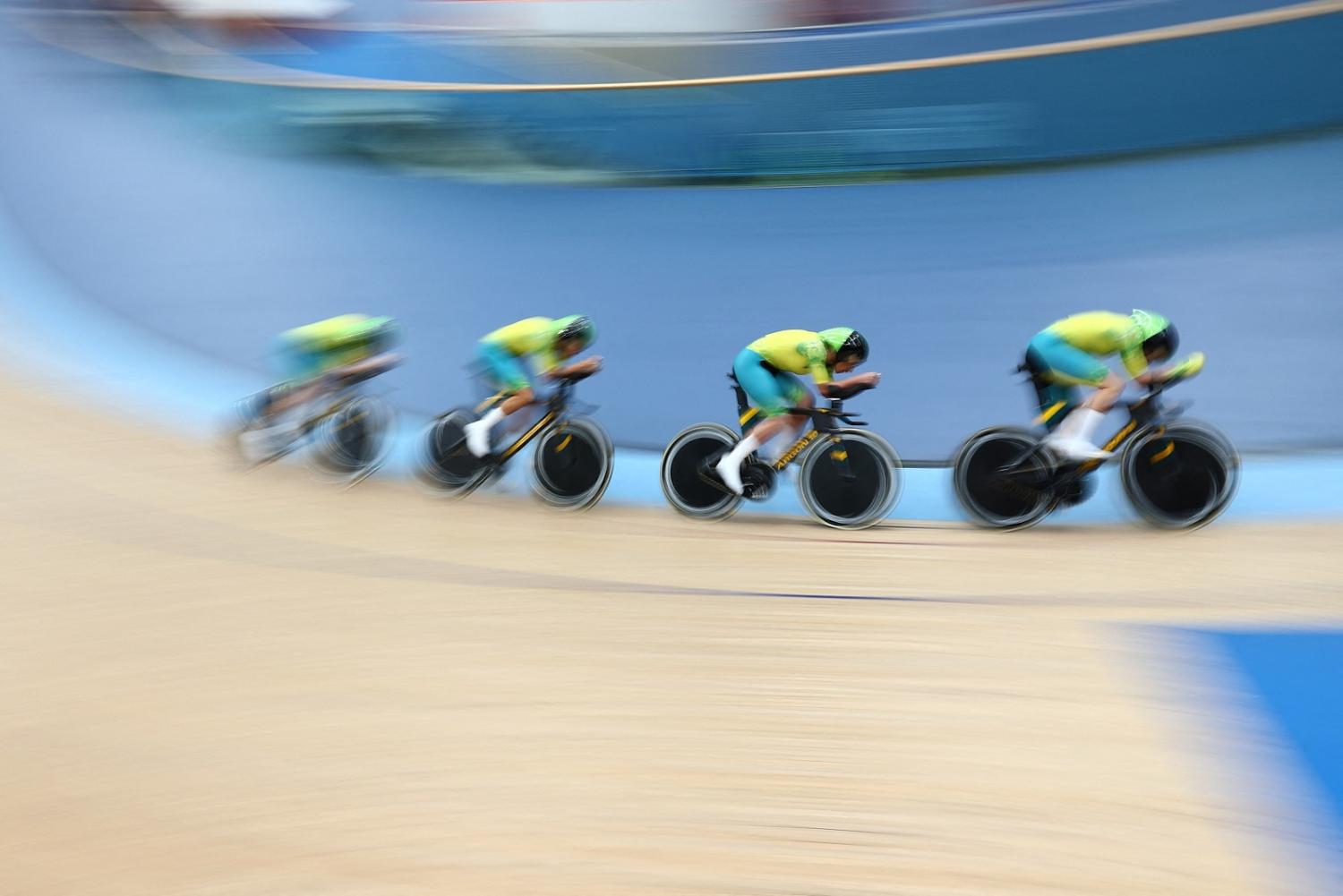In the words of Oscar Wilde, “a fool is someone who knows the price of everything and the value of nothing”.
The work of the iconic Irish poet appears not to have reached Melbourne, where Victorian Premier Daniel Andrews recently announced that his state would not be hosting the 2026 Commonwealth Games due to mounting costs. Andrews justified the decision by reference to eye-watering cost estimates, which now apparently exceed $6 billion – a far cry from the $2 billion initially earmarked for the project.
In fairness, it’s easy to regard the Commonwealth Games as a sideshow within the broader landscape of global sport. Often called “the friendly games”, they are cast as the country cousin of the glamorous Olympics, a slightly embarrassing second-order alternative with its roots in the old British Empire Games, as the Lowy Institute’s Daniel Flitton would have it.
Yet for Australian athletes in particular, the Commonwealth Games offer an opportunity to test themselves against world-class competition – and increasingly, that doesn’t just mean England and Canada. At the 2022 Games, India and Malaysia emerged as dark horse challengers, while nations from Africa and the Caribbean performed well in the athletics. While Australia came out ahead, it was by no means a blow-out.
That said, there’s more to consider than upfront costs and the health of Australian sport. Just as important are the very real soft-power benefits of hosting 5,000 athletes from more than 70 territories.
The previous Games, in Birmingham, attracted 57.1 million streams on the BBC, with 5.2 million tuning in for the opening ceremony alone. That’s to say nothing of the broader worldwide viewership, millions of people voluntarily beaming cultural propaganda into their own homes, celebrations of the host city interwoven inextricably with the action on the track.
The unique hosting model proposed for the 2026 Games would have brought international attention to Geelong, Ballarat and Bendigo, attractive smaller cities in Victoria that nevertheless receive little-to-no global recognition. Each would also have received significant infrastructure improvements, and foot traffic could have been a boon for local business. Proving capacity to manage the logistical challenges of the Games would have sent positive signals to businesses and investors looking to run conferences or expand their operations.
Instead, future investors will worry whether their contracts with the Victorian government are at risk of termination due to political expediency.
Meanwhile, smaller Pacific states – with whom the Albanese government is desperately attempting to curry favour – view the Commonwealth Games as a prestigious step up from local competitions. As part of Australia’s efforts to re-engage its northern neighbours, Victoria 2026 should have emphasised the country’s relationship to the region at large, with special efforts made to encourage Pacific participation. In the emerging contest for influence in the South Pacific, common cultural touchpoints aren’t to be scoffed at.
The speed with which Gold Coast, Glasgow, and a litany of other cities have offered up their own bids is a sign that there’s life in the Commonwealth Games yet. Time will tell, but this may prove to be more of a missed opportunity for Victoria than a blow to the Games.

